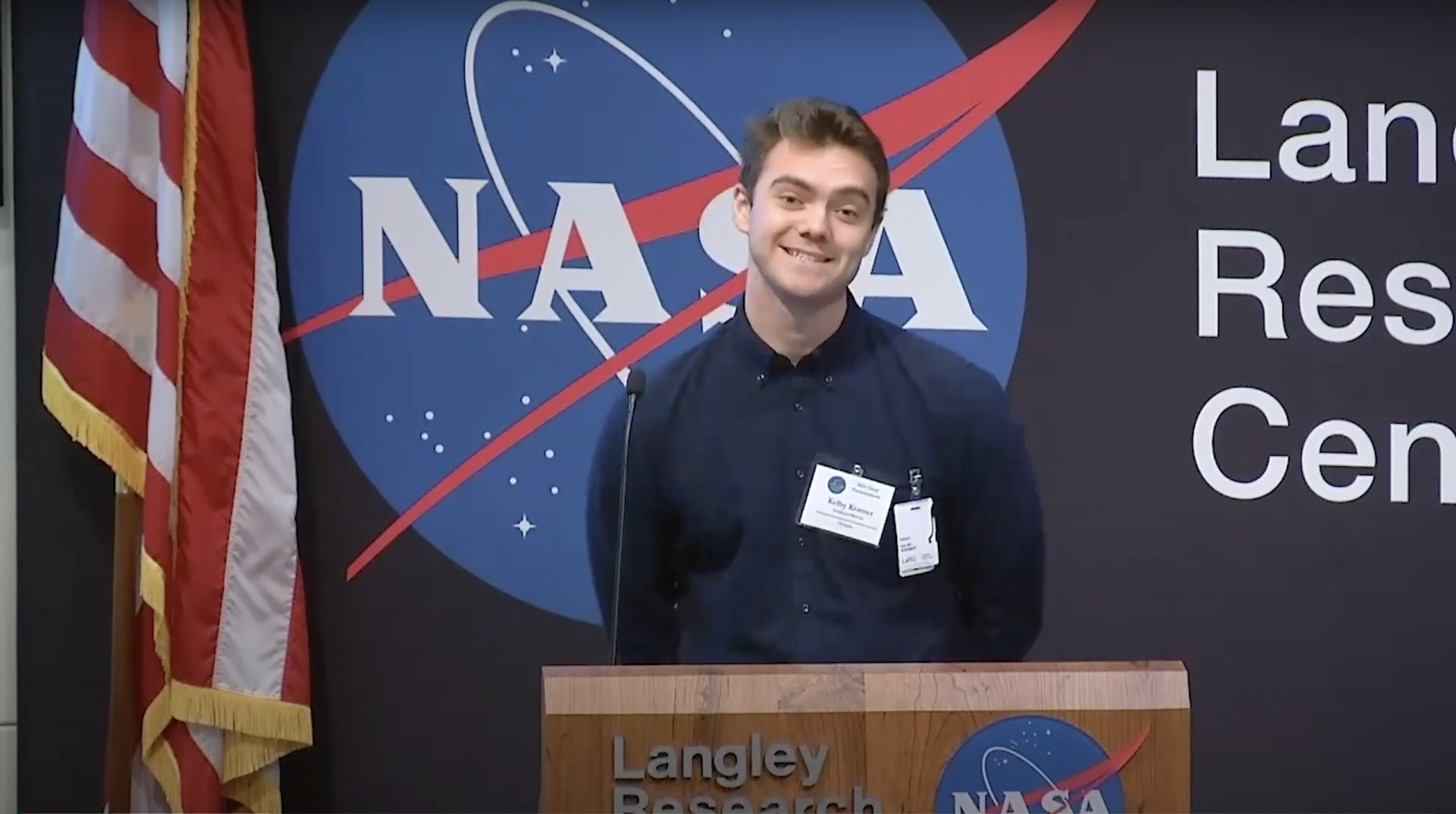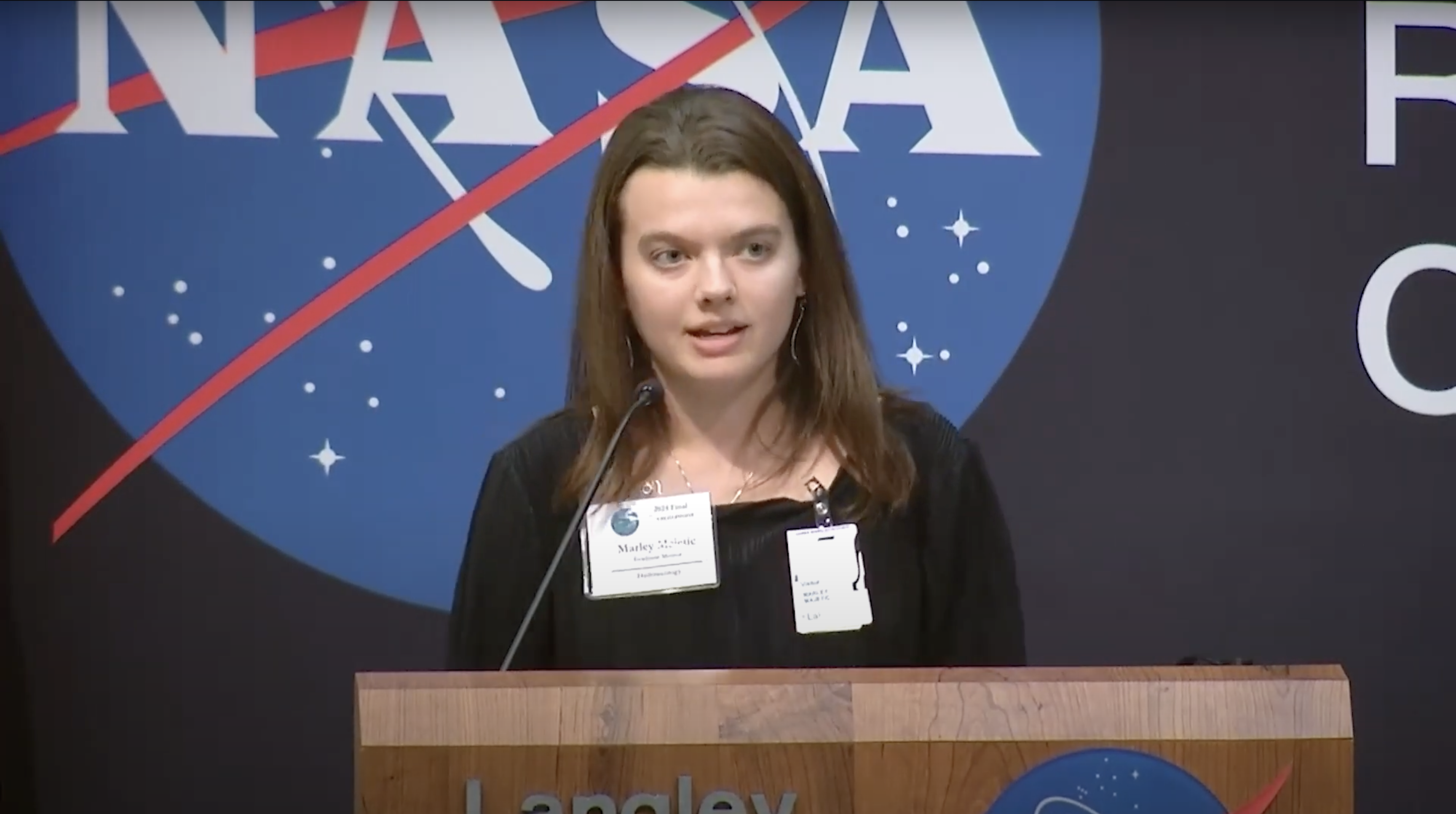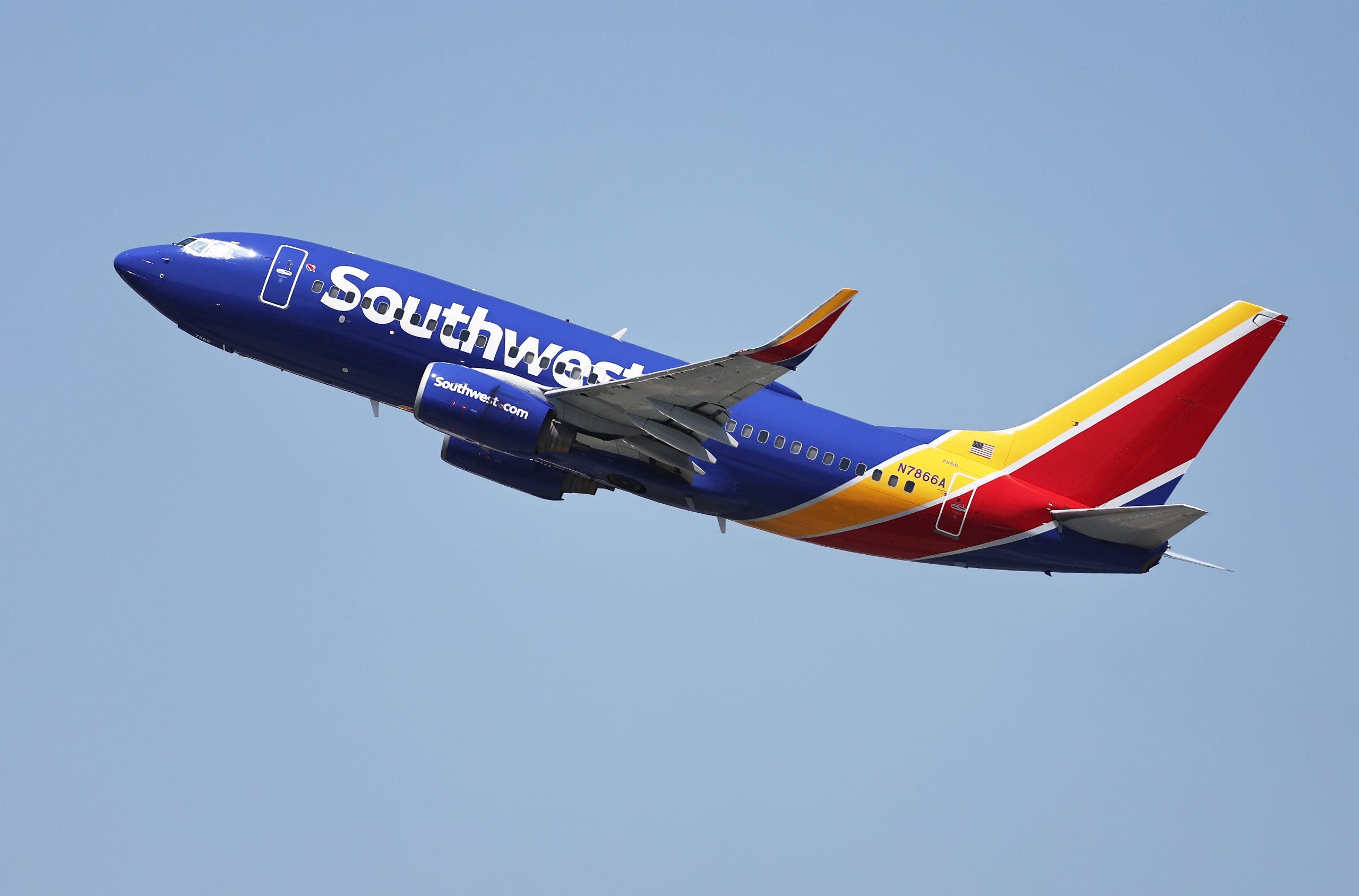
Sign up for our free Health Check email to receive exclusive analysis on the week in health
Get our free Health Check email
Get our free Health Check email
I would like to be emailed about offers, events and updates from The Independent. Read our privacy policy
The mystery of where pioneering aviator Amelia Earhart’s plane went missing has haunted the world for decades.
In January, ocean exploration company Deep Sea Vision suggested the search might finally be over after crewmembers stumbled upon what they believed was Earhart’s Lockheed 10-E Electra plane in the southwestern Pacific. But now, 11 months later, the company revealed the mysterious object they’d detected was actually a natural rock formation.
Chief executive Tony Romeo told The New York Times in January that they believed a sonar image showed the two fin stabilizers on the back of the aircraft and that the dimensions were “very close” to the Electra. They had scanned 5,200 square miles of the Pacific Ocean’s floor between New Guinea and Howland Island, where Earhart was set to refuel before she disappeared.
“We’d gone 100 days without finding anything,” Romeo told the paper. “We were kind of at each other’s throats. And, you know, there it is. It pops up on the screen. And you know, you realize at that moment, we were the first ones to have seen Amelia’s plane in something like 86 years. It was an incredible moment.”
Romeo told CNN recently that he was surprised the object wasn’t at least a different plane or a man-made object.
“Talk about the cruelest formation ever created by nature,” he said. “It’s almost like somebody did set those rocks out in this nice little pattern of her plane, just to mess with somebody out there looking for her.”
But, the search isn’t over.
“As we speak DSV continues to search — now clearing almost 7,700 square miles ... the plot thickens with still no evidence of her disappearance ever found,” Deep Sea Vision wrote on Facebook earlier this month.
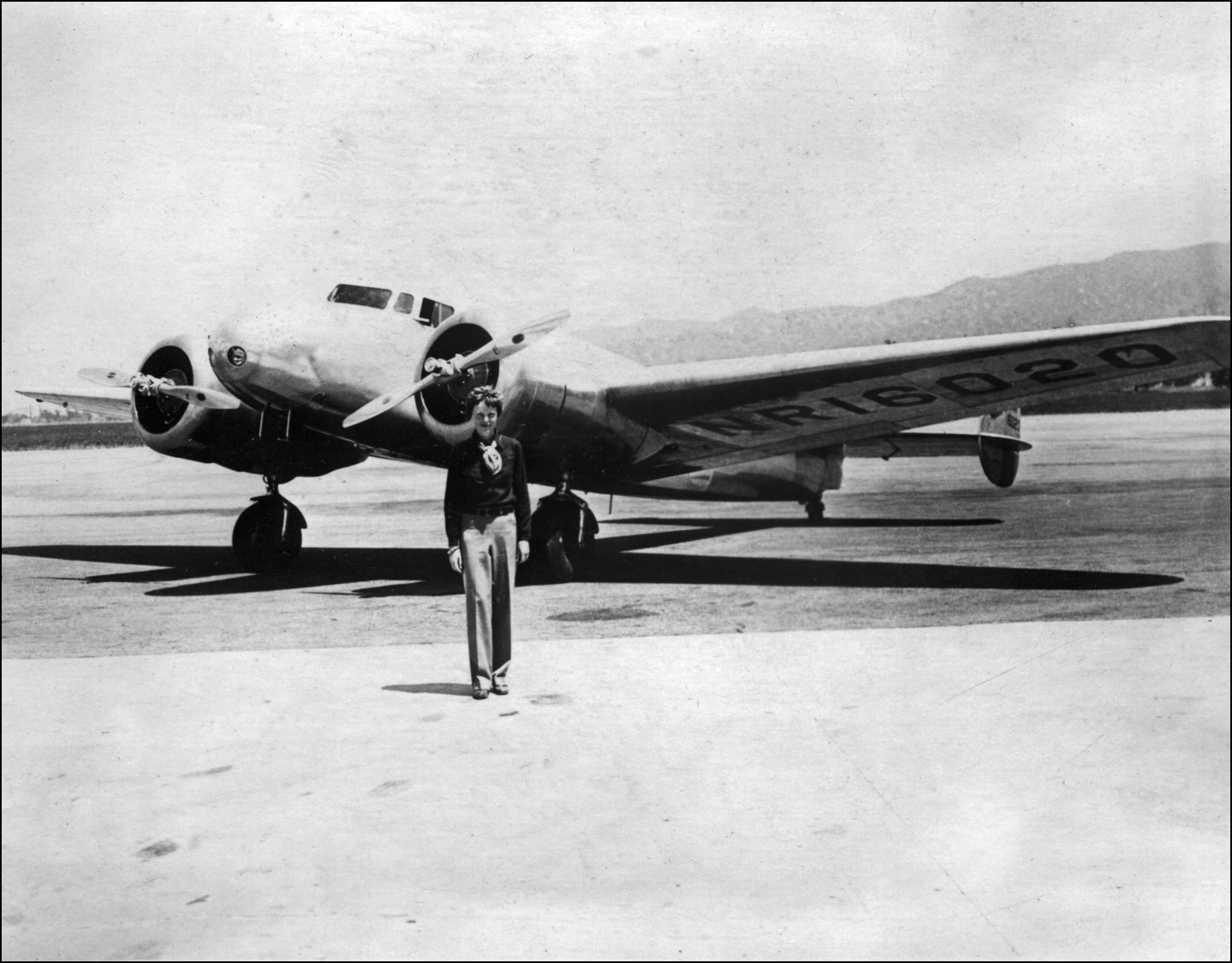
This wasn’t the only unsuccessful attempt to locate the famed aviator’s plane in the past couple of decades. In the early 2000s, Nauticos searched west of the island with deep-sea sonar devices, but did not find any wreckage. The team continued operations in 2017. In response to Deep Sea Vision’s potential find, Nauticos said long-range sonar images have historically proven to be deceiving, especially in areas with geological formations.
“Yes, the sonar target appears to have a fuselage, wings, and a tail, but…it appears to have swept wings, the relative dimensions do not match the Electra, and there is a lack of engine nacelles. Those characteristics are not consistent with a Lockheed Electra 10E,” it said.
“It is impossible to identify anything from a sonar image alone as sound can be tricky and the artifact could be damaged in unpredictable ways altering its shape. For that reason, you can never say that something is (or isn’t) from a sonar image alone,” Jourdan, Nauticos president, told CNN.
Earhart, the first woman to make a solo flight across the Atlantic, had planned to fly around the world. The celebrated aviatrix would have become the first woman to do so.
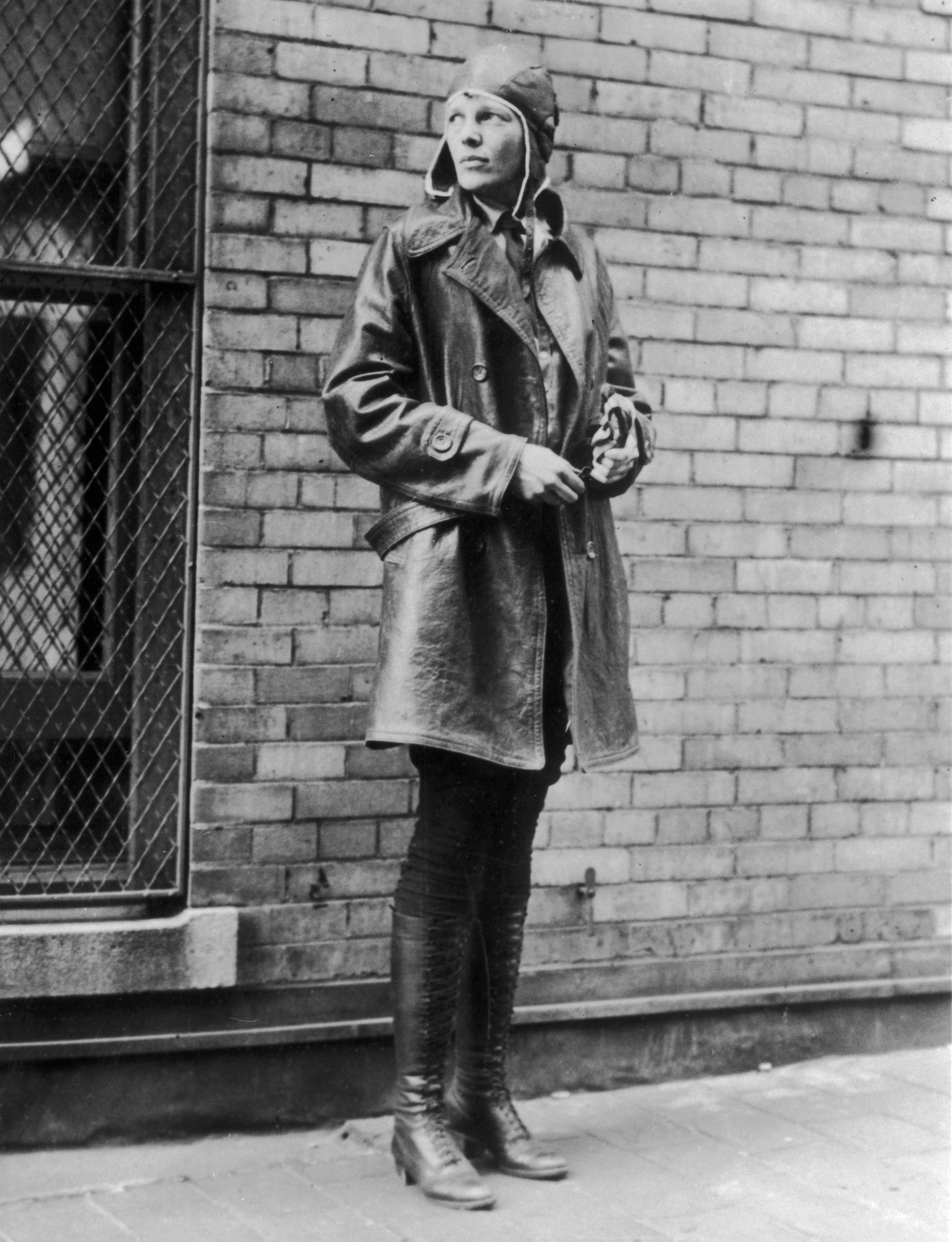
But in July 1937, and with only 7,000 miles of her trip remaining, Earhart and navigator Fred Noonan disappeared after making a stop in New Guinea. They had already flown 22,000 miles and were en route to Oakland, California.
As they approached a refueling stop at Howard Island, located in the middle of the Pacific Ocean, the US Coast Guard cutter ship Itasca, which was anchored offshore, received several strong voice transmissions from Earhart.
“We are on the line of position 156-137. Will repeat message. We will repeat this message on 6210 kilocycles. Wait. Listening on 6210 kilocycles. We are running north and south,” Earhart said.
But the pair were never heard from again and were declared lost at sea in mid-July, after a massive sea and air search.
There are multiple theories about what happened, but the most widely accepted theory suggests the pair crashed and sank after running out of fuel.
“For her to go missing was just unthinkable,” Romeo told The Wall Street Journal earlier this year. “Imagine Taylor Swift just disappearing today.”

 By The Independent (Science) | Created at 2024-11-22 17:42:35 | Updated at 2024-11-22 23:00:58
5 hours ago
By The Independent (Science) | Created at 2024-11-22 17:42:35 | Updated at 2024-11-22 23:00:58
5 hours ago

